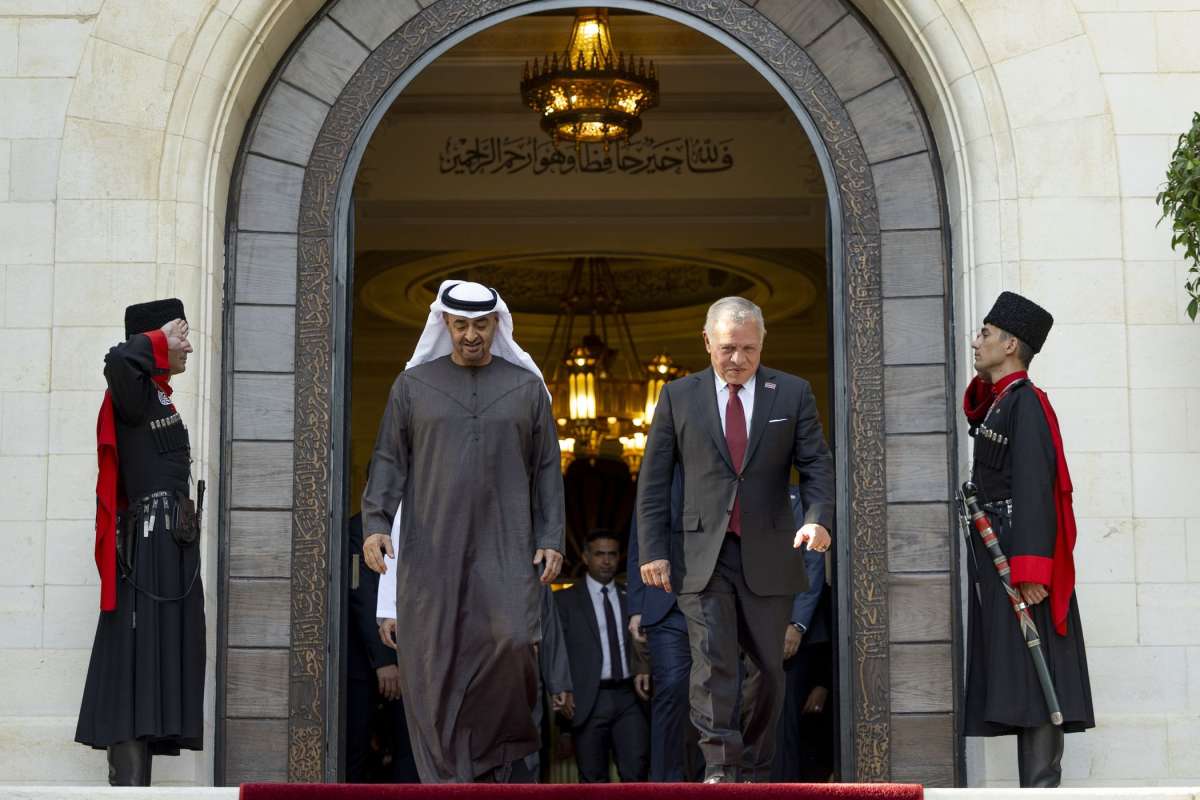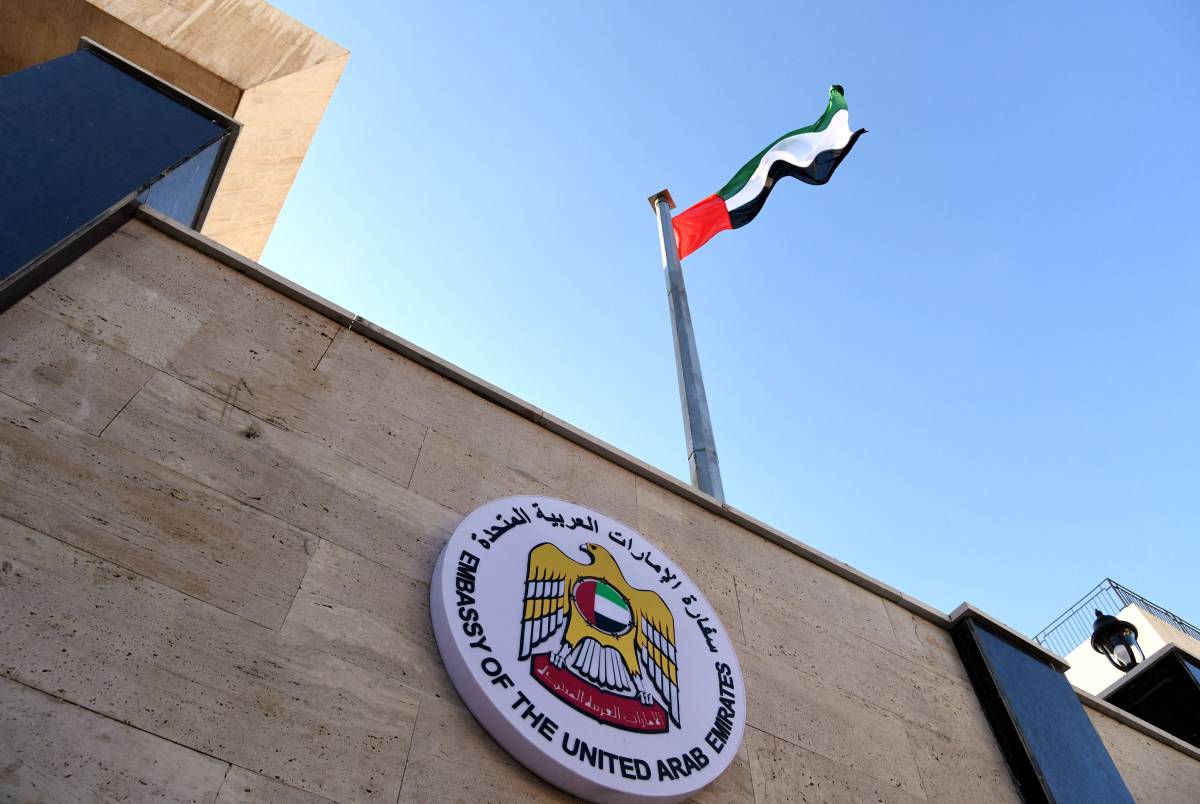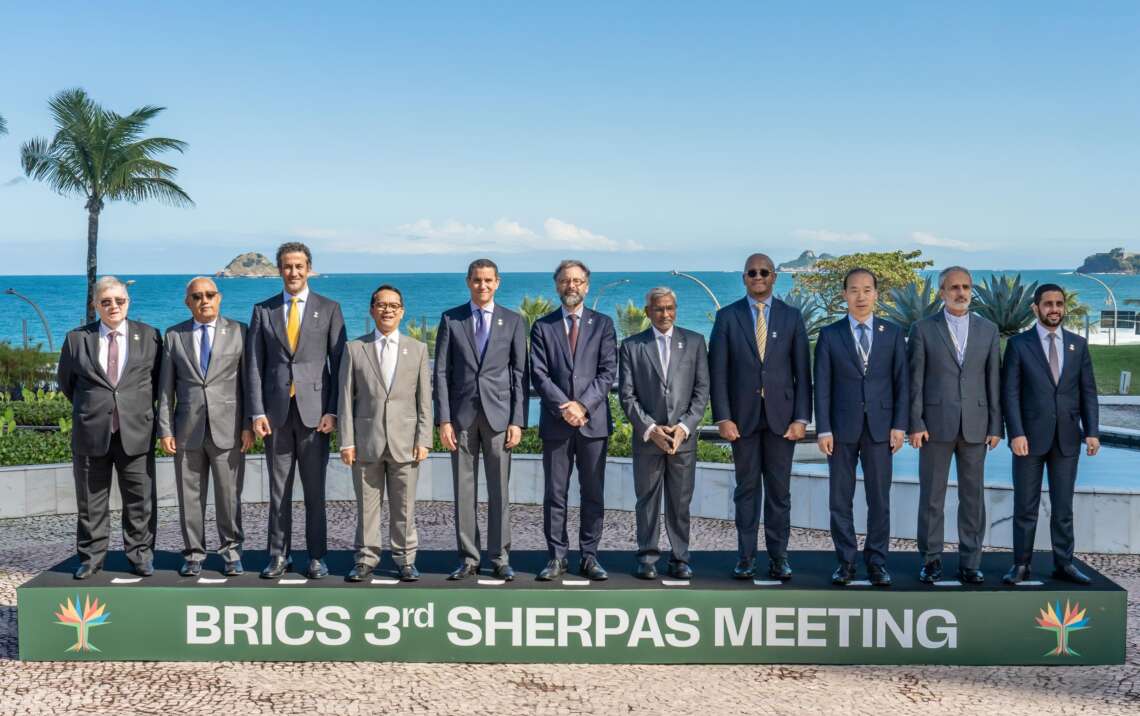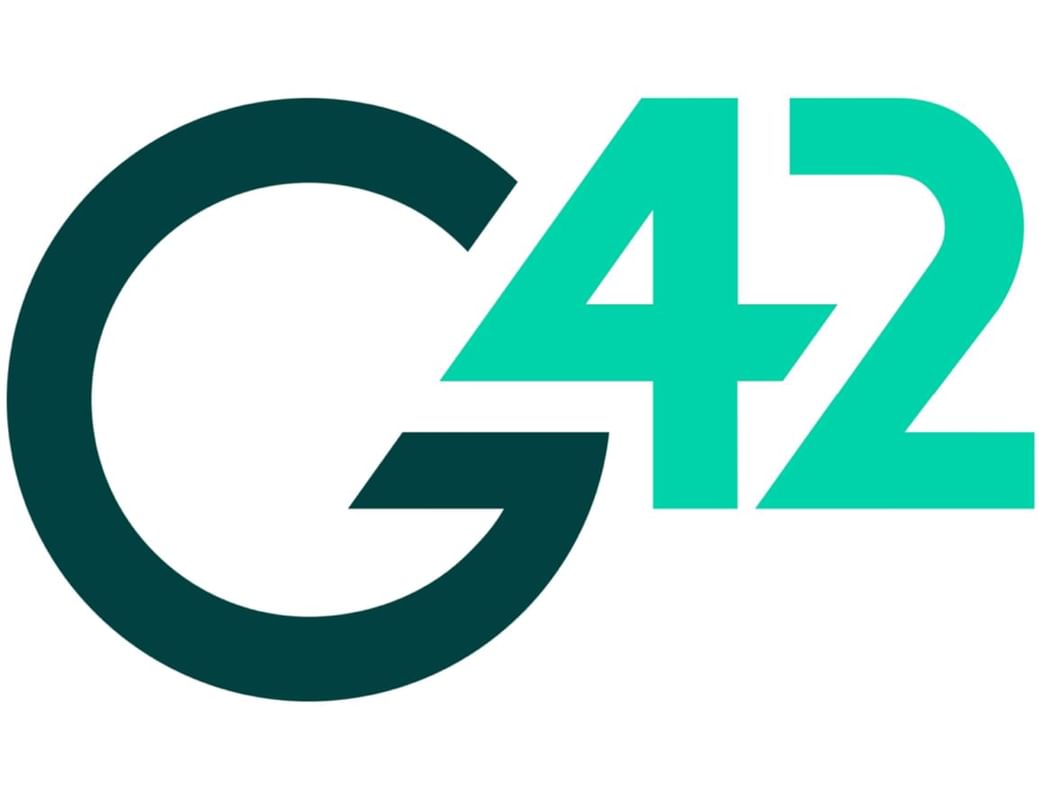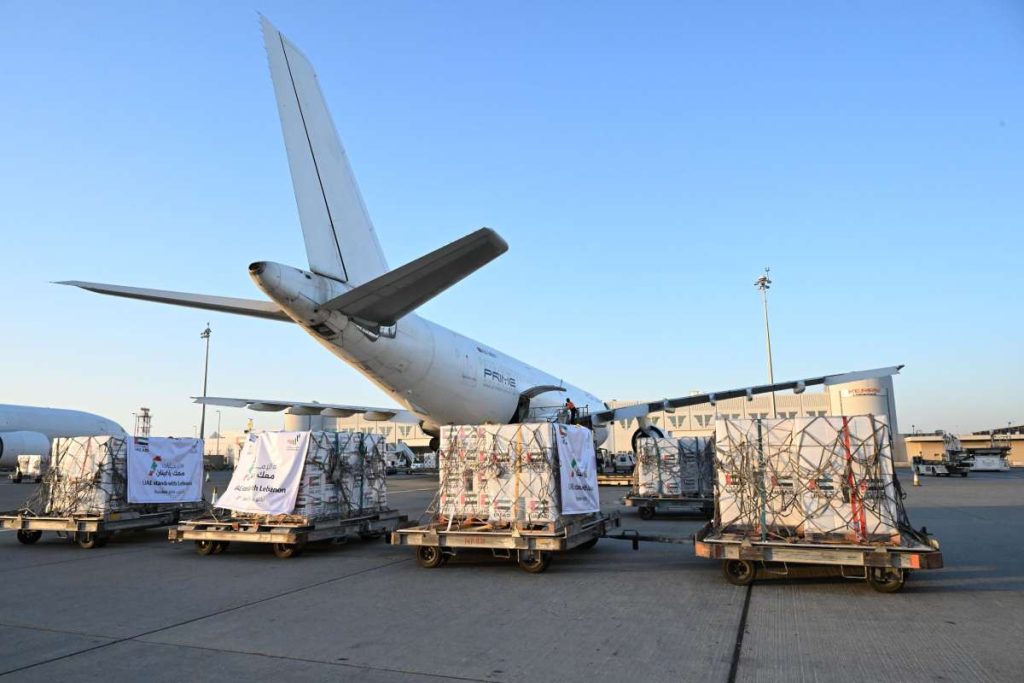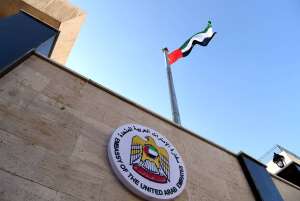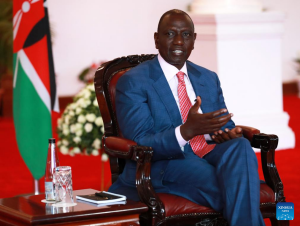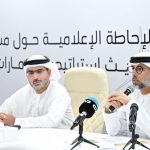UAE President and Jordan King underscored the need to intensify efforts to prevent the conflict from escalating further and threatening regional stability….reports Asian Lite News
President His Highness Sheikh Mohamed bin Zayed Al Nahyan met with His Majesty King Abdullah II bin Al Hussein of the Hashemite Kingdom of Jordan. Their talks focused on the strong fraternal ties between the two nations and their close collaboration in areas that support a shared vision of sustainable development, prosperity, and stability.
The leaders also discussed a number of regional and international issues of mutual concern, particularly the situation in the Middle East, including developments in Gaza and Lebanon. They emphasised the importance of intensifying efforts to achieve a ceasefire and ensuring full protection for civilians in accordance with international humanitarian law, while also advancing joint efforts to address the ongoing humanitarian crisis.
They underscored the need to intensify efforts to prevent the conflict from escalating further and threatening regional stability. They also stressed the importance of working towards a just, comprehensive, and lasting peace, based on the two-state solution, to ensure security for all.
UAE President praised Jordan’s historical role in supporting the Palestinian people in numerous ways and expressed his appreciation for Jordan’s contribution to efforts aimed at addressing the humanitarian situation in Gaza.
Both leaders noted the importance of enhancing Arab cooperation, both bilaterally and collectively, in light of the challenging circumstances currently facing the region.
The discussions took place during an official reception at Basman Palace in Amman, where His Majesty warmly welcomed the UAE President and his accompanying delegation, who are on a working visit to Jordan, expressing his pleasure at their visit.
During the meeting, the two leaders discussed the ongoing bilateral cooperation in areas such as the economy, investment, sustainable development, food security, renewable energy, and other key sectors. They reaffirmed their shared commitment to exploring new opportunities for collaboration and building strategic economic partnerships that align with the aspirations of both nations for development and progress.
His Highness and King Abdullah II spoke of the strong and deeply rooted ties between their countries, which can be traced back to the time of the late Sheikh Zayed bin Sultan Al Nahyan and the late King Hussein bin Talal.
The UAE President and King of Jordan highlighted the significance of the Comprehensive Economic Partnership Agreement, which was signed during the visit. This agreement, they noted, is a natural progression of the two nations’ longstanding history of fruitful economic relations and provides a solid foundation for expanding opportunities in the future.
Leaders witness signing of CEPA
President His Highness Sheikh Mohamed bin Zayed Al Nahyan and His Majesty King Abdullah II bin Al-Hussein of the Hashemite Kingdom of Jordan today witnessed the signing of a Comprehensive Economic Partnership Agreement (CEPA) between the UAE and Jordan. The first CEPA to be signed between the UAE and an Arab nation, the deal aims to deepen bilateral trade and investment ties, accelerate growth in priority industries, create jobs, and strengthen supply chains.
During a ceremony held at Basman Palace in Amman, the agreement was signed by Dr. Thani bin Ahmed Al Zeyoudi, Minister of State for Foreign Trade, and His Excellency Yarub Falah Al-Qudah, Jordan’s Minister of Industry, Trade and Supply.
His Highness and King Abdullah II also witnessed the signing of the Administrative Cooperation Agreement on Customs Matters between the UAE and Jordan. The agreement was signed on behalf of the UAE by His Excellency Ali bin Hammad Al Shamsi, Chairman of the Federal Authority for Identity, Citizenship, Customs, and Ports Security, and on behalf of Jordan by His Excellency Yarub Falah Al-Qudah, Minister of Industry, Trade and Supply.
Sheikh Mohamed welcomed the CEPA as a natural progression of UAE-Jordanian strategic relations, noting that it lays a strong foundation for enhancing cooperation and economic integration between the two countries. It also paves the way for building more fruitful partnerships and initiating a new phase of long-term trade and investment collaboration, contributing to sustainable economic growth for both nations and fostering prosperity across the region.
King Abdullah expressed his hope that the agreement would contribute to achieving the two countries’ shared vision for sustainable economic development and prosperity, as well as opening new opportunities for economic integration between them. He also praised the UAE’s support for development efforts in Jordan.
The deal builds on robust UAE-Jordan economic ties, with non-oil trade reaching over US$4.2 billion in 2023. In the first half of 2024, non-oil trade between the two countries amounted to $2.7 billion, reflecting a growth of 36.8% compared to the same period in 2023. Jordan is currently the UAE’s third-largest Arab trade partner outside of the GCC. Meanwhile, the UAE is Jordan’s top foreign investor, with mutual investment between the two countries estimated to be approximately $22.5 billion.
By removing or reducing trade restrictions and non-tariff measures on commodities and services, it is expected the CEPA will forge even closer ties, fostering opportunities across multiple sectors including renewable energy, industrial projects, manufacturing, transport, pharmaceuticals, and food processing.
ALSO READ: ‘UAE solidifies its position as a leading global financial hub’

